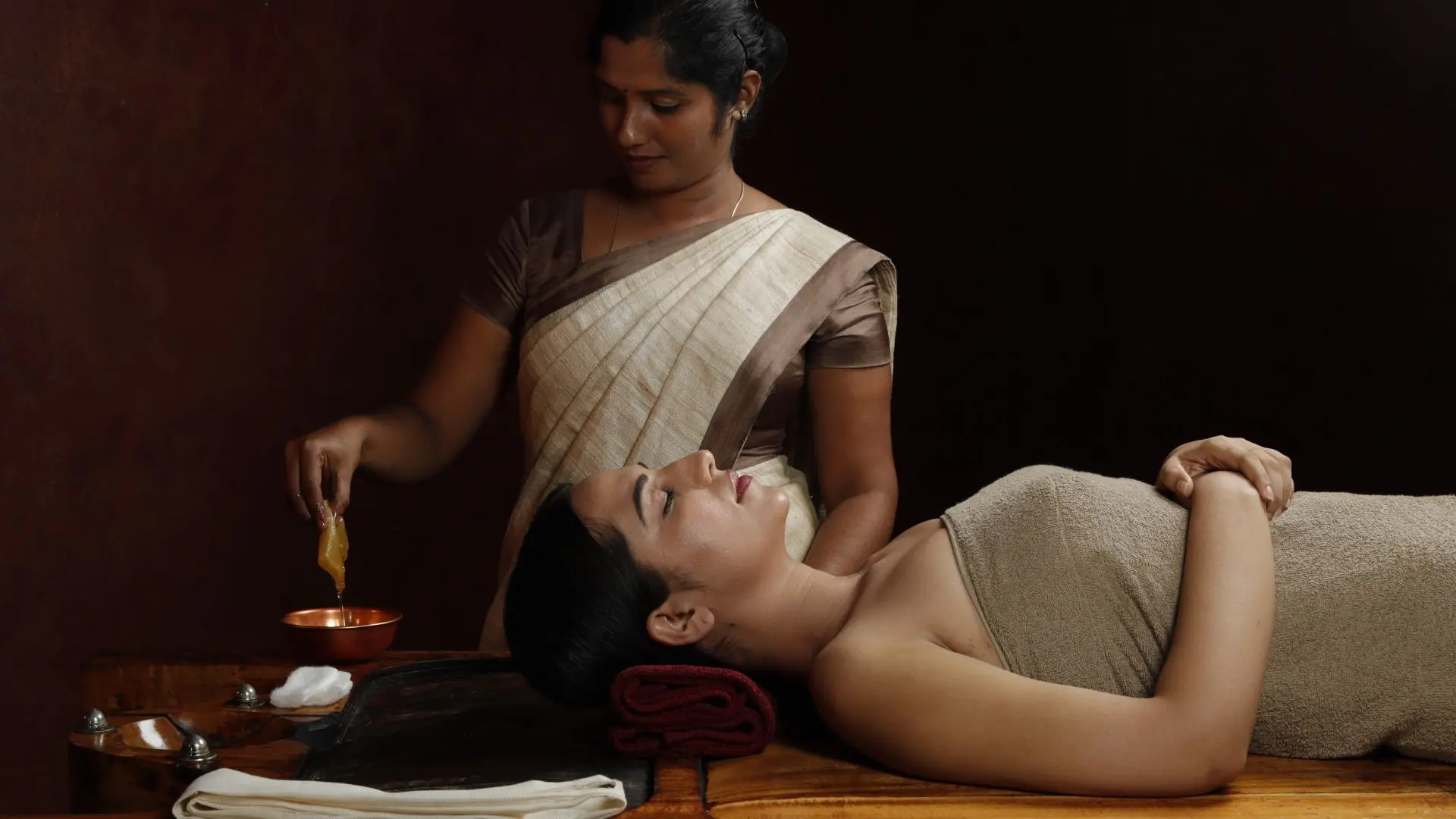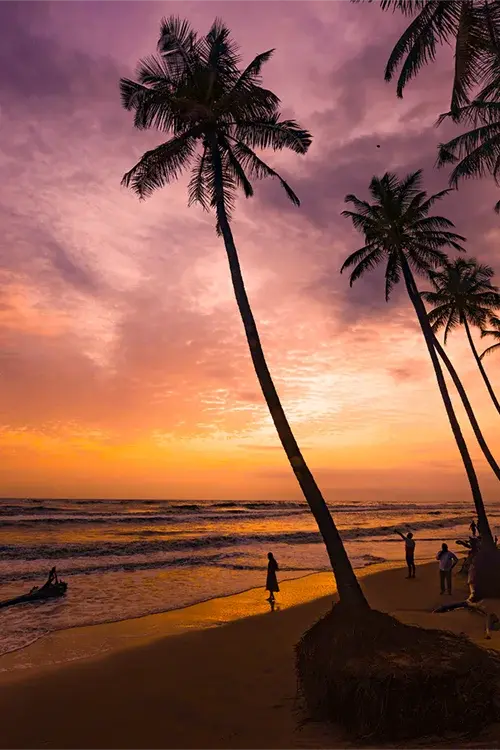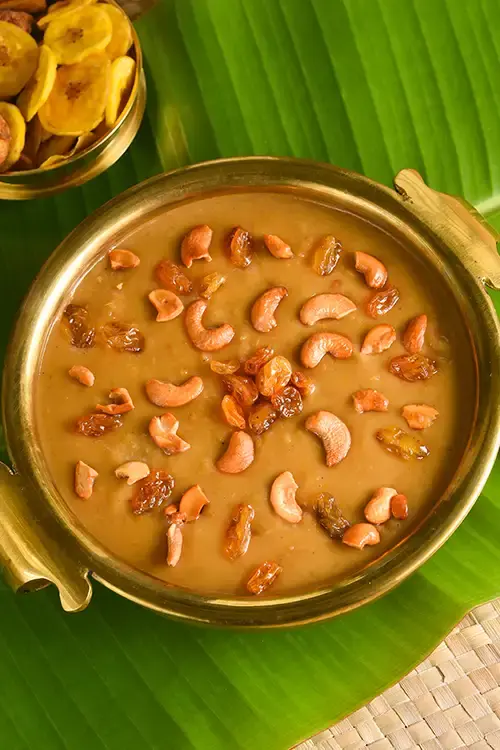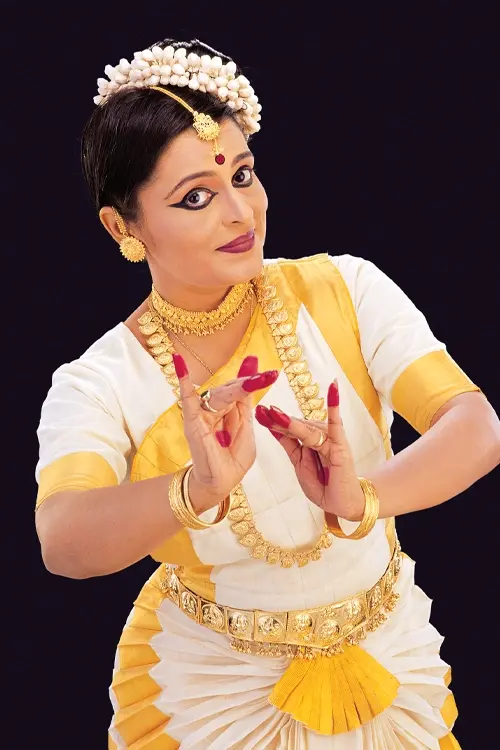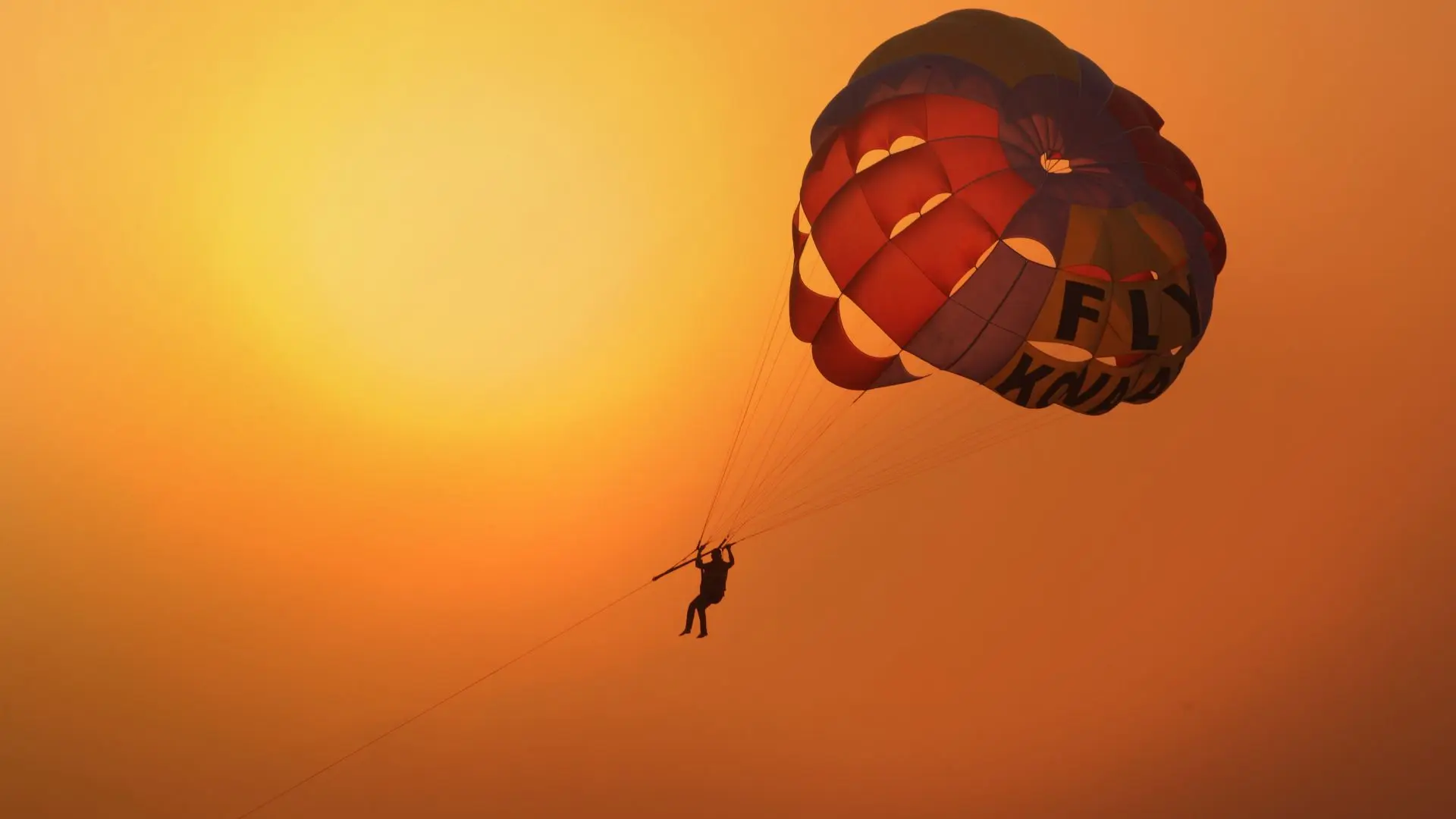Enchanting Kerala
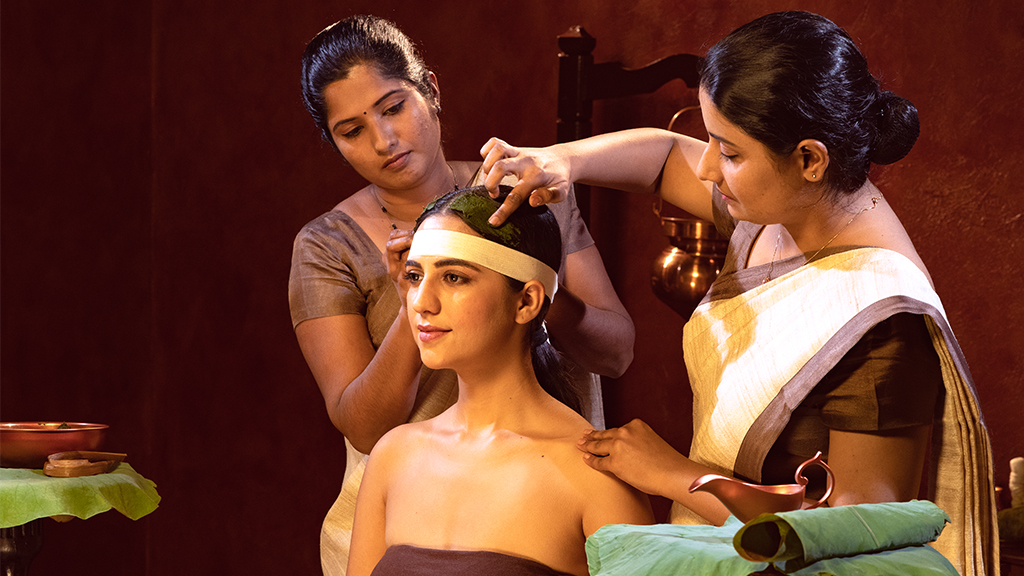
Visit Kerala and try Panchakarma Therapy for a Completely New You
After a draining summer, sign up for detoxification with Panchakarma sessions. A rejuvenation therapy in Ayurveda, Panchakarma employs tried-and-tested treatment techniques to energize a patient. It uses herbal and organic medicines, and the sessions are meant to purge the body of toxins accumulated due to unhealthy lifestyles. Panchakarma is performed in three stages, subjecting the body to systematic therapies. The first stage is Purvakarma, where oleation therapy and induced intense sweating clear excess toxins accumulated in the body. Snehana, the first segment of the oleation therapy, prepares the body for the specialized Panchakarma treatment.
Application of medicated oils, ghee and herbs to the body internally and externally for three to seven days is done under Snehana. There are two primary types of Snehana which channelize the toxins within the body: Bahya Snehana (External Oleation) and Abhyantara Snehana (Internal Oleation). During Abhyantara Snehana, herbal preparations are given to the patient to ingest regularly. Bahya Snehana includes medicated oil massages to the disease-affected parts of the body.
In the stage called Pradhanakarma, a specialized treatment expels impurities and revitalizes the system. The final stage is Paschatkarma, where the person has to follow a rehabilitation plan with a specified diet, proper rest and lifestyle modifications to prevent recurrence of the disease. The detoxification and regeneration sessions are followed in approved centres in Kerala.
Vamana (Therapeutic Emesis), Virechana (Purgation Therapy), Vasti (Therapeutic Enema), Nasya (Errhine Therapy) and Raktamokshana (Blood-letting) are the five procedures in Panchakarma. Usually Panchakarma treatment is done for 21 days. The centres also offer options for customization. Panchakarma is considered as a long term cure for illness, and offers multiple advantages like immunity, strength, improved digestion, reduced physical stress and recharged body and mind.
